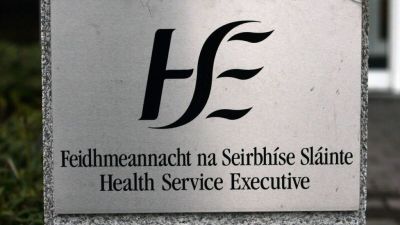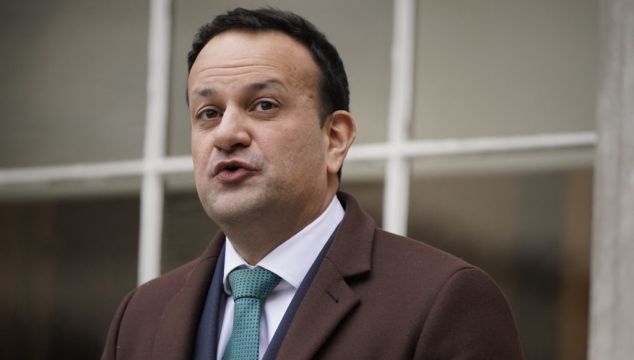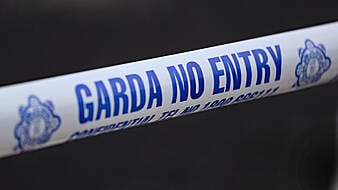Tánaiste Leo Varadkar has said it will be necessary to provide compensation for the harm caused to children who attended mental health services in south Co Kerry.
As reported in The Irish Times, Mr Varadkar said he had “absolutely no doubt” families will bring cases forward after a review was published by the HSE on Wednesday.
The review examined the treatment of more than 1,300 young people who attended the south Kerry Child and Adolescent Mental Health Services (Camhs) over a four-year period.
It found hundreds of children received “risky” treatment from a doctor and significant harm was caused to 46 of them.
Speaking in the Dáil during leaders questions on Thursday, Mr Varadkar said he was “very disturbed” and “very worried” about what had happened both as a public representative and a doctor.
Mr Varadkar also said the issue of a State apology to the affected families would have to be given consideration by the Government and the Taoiseach.
'Horrified'
Following the revelations, chief executive of Mental Health Ireland, John Farrelly called for the appointment of a national director of mental health to the HSE.
Speaking on RTÉ radio’s News at One about the report into the Camhs service in Kerry, Mr Farrelly said he had been horrified at the seriousness and gravity of the situation especially since children had been harmed.
Mental Health Ireland will review and analyse the report into what happened in Kerry “to see if everything is covered”, he explained.
When their review is completed they will advise the Minister under Section 33 of the Mental Health Act on any changes necessary.
It was important to concentrate resources on putting changes in place, Mr Farrelly added.
Many reports over the years had made recommendations that had not been implemented.
“We have to ensure that change happens,” he said.
On the same programme, the Children’s Ombudsman Niall Muldoon said he felt a sense of “massive betrayal” for the families involved.
There had been red flags for years about deficiencies in the Camhs service. It was clear that it was underfunded, posts had not been filled (not just in Kerry) and there had been no clinical leadership for years, Mr Muldoon said.

The culture within the service was poor, people were not taking up posts, not because of the money, but because they felt there were teams that would not follow them. That should not be the situation in 2021, that teams were not carrying out their duties with the utmost medical certainty, he explained.
“We have to see things changing - you need to know that the services are kept to the highest standards”.
There needed to be an oversight system to ensure that this does not happen again, he added.
Mr Muldoon said he supported the call for a director of mental health for the HSE and pointed out that only one per cent of the HSE’s budget is spent on children’s mental health.







